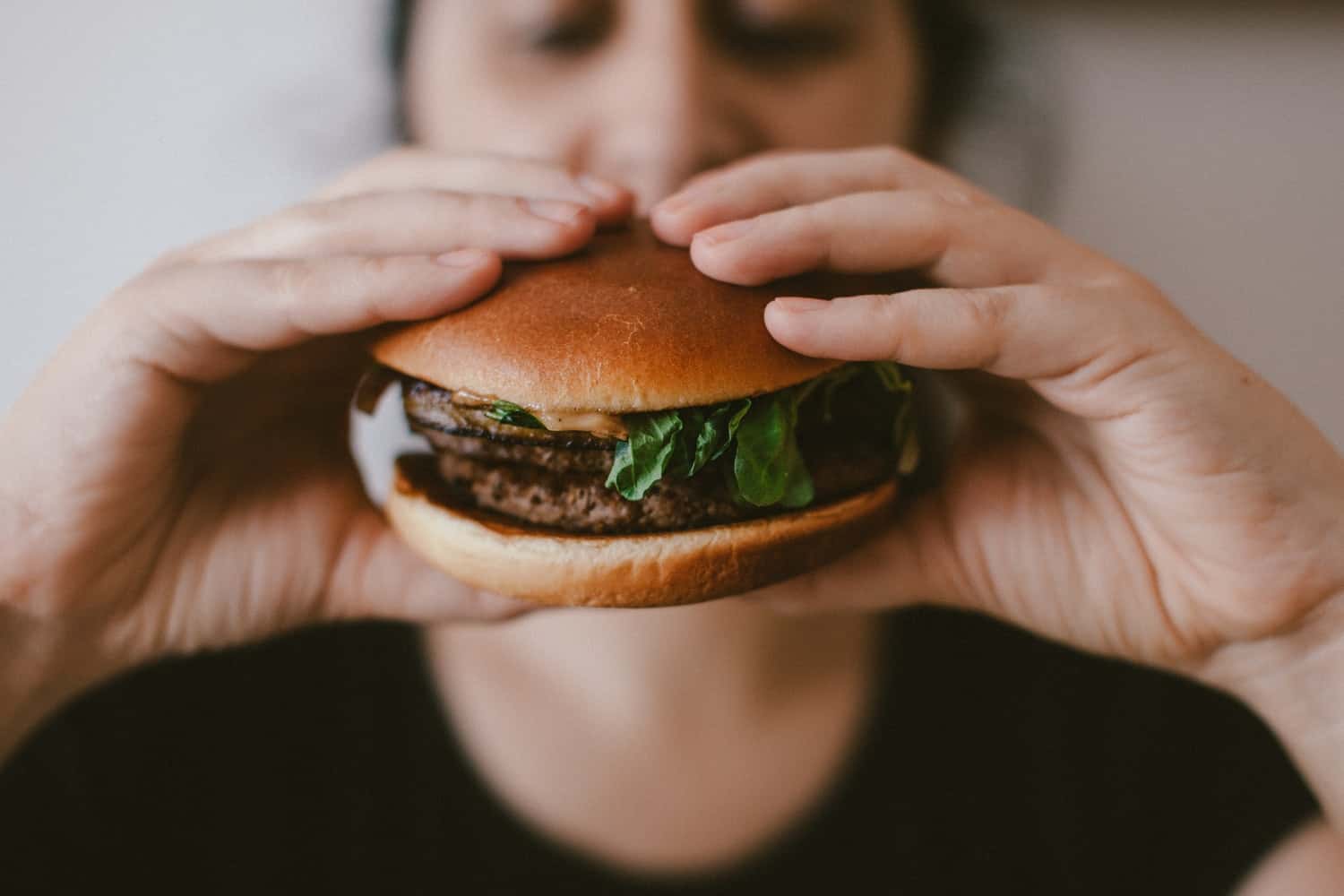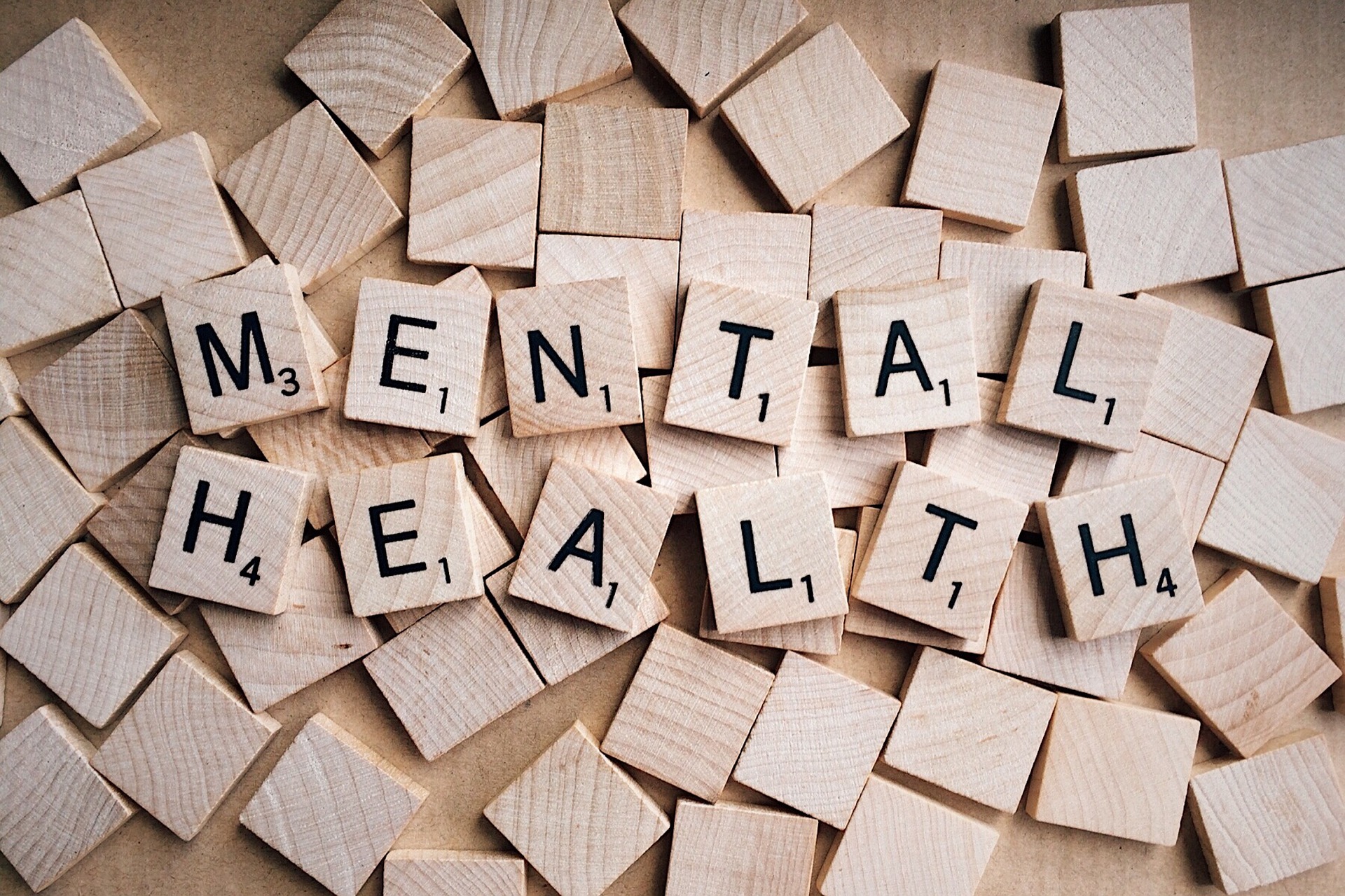CBD And Eating Disorders: A Path To Healing And Recovery
Discover how CBD can help manage eating disorders by supporting mental health and aiding recovery. Learn about its benefits and treatment options.
Author:Suleman ShahReviewer:Han JuNov 19, 202416.8K Shares543.2K Views

CBD for eating disorders- A number of disorders involving extreme weight gain and reduction, including obesity caused by binge eating, share biological and psychological aspects. Emerging evidence suggests a relationship between endocannabinoid system abnormalities and eating disorders, and some research suggests that cannabinoids may be useful in treating them. Interestingly, several reports of the use of CBDfor eating problems have been documented.
CBDhas long been used to both stimulate and suppress hunger. CB1 receptor agonists have been related to increased appetite and an increase in the perceived reward value of food in animal and human studies, whilst CB1 antagonists have been linked to decreased food consumption.
This has resulted in the clinical development of numerous pharmaceutical drugs that modulate CBD in the treatment of eating disorders, with varying degrees of success. According to current studies, certain CBD appears to increase food intake while othersappear to decrease food intake. Add to that the fact that CBD can occasionally affect people in opposite ways, providing support to the hypothesis that CBD may adapt to different body chemistries to aid equilibrium.
In 2016, researchers investigated the link between CBD and brown fat, a type of fat cell that burns calories to generate heat rather than storing them. According to the findings, "CBD has dual modulatory activities in the form of producing the brown-like phenotype as well as increasing lipid metabolism." As a result, the use of CBD for eating disorders may be investigated as a potentially beneficial treatment drug for the prevention of obesity."
Anorexia and cachexia, on the other hand, are characterized by physical wasting and malnutrition. While anorexia is both biological and psychological in nature, cachexia is associated with cancer, AIDS, lung disease, multiple sclerosis, heart failure, tuberculosis, severe neurological diseases, heavy metal toxicity, and significant hormonal imbalance. Loss of weight, muscle atrophy, weariness, weakness, and loss of appetite are all symptoms of both illnesses. CBD has been shown in studies to help relieve cachexia symptoms in many patients as well as treat related illnesses.
In 2013, two trials on the use of cannabis in anorexia patients yielded promising results. THC activates the CB1 receptor, which aids in hunger stimulation. CB1 also interacts with the receptor for ghrelin, a hormone that contributes to an increase in the sensation of hunger. One study indicated that using dronabinol, a synthetic cannabinoid, resulted in a tiny but substantial weight increase in anorexia nervosa patients, and another reported that cannabis helped anorexia-stricken mice recover and return to a healthy weight.
People Ask
Does CBD Help With Overeating?
Because of the way CBD affects the body and brain, using it for eating disorders can be reassuring.
CBD's effects on the body are mostly determined by how it interacts with the body's natural endocannabinoid system. This system reacts to various substances in the body via two cannabinoid (CB) receptors known as CB1 and CB2.
The brain and central nervous system have the highest density of CB1 receptors. The majority of CB2 receptors are found in the immune system.
CB1 receptors, on the other hand, become more abundant in obese people, particularly in fatty tissue. As a result, specialists believe that activation of CB1 receptors may be associated to obesity.
CBD interacts with other cannabinoids to possibly activate various receptors, including endocannabinoid and serotonin. This could help with weight loss or other important metabolic activities.
Many proponents claim that CBD can help people lose weight by suppressing their appetite. Most people link cannabis with a heightened appetite, as users frequently report feeling hungry after using the drug. While THC may increase appetite, there is little evidence that CBD does the same.
Does CBD Affect Appetite?
According to recent studies, the usage of CBD for eating disorders has been shown to enhance other areas of health, including weight loss.
Preliminary research suggests that CBD may lower food consumption and enhance metabolism, perhaps promoting weight loss.
Animal studies, for example, show that CBD influences weight via interacting with CB1 and CB2 receptors in lymphoid tissue and the brain. These receptors are known to have significant roles in metabolism and food intake.
In a two-week trial, rats were given daily CBD injections at levels of 1.1 and 2.3 mg per pound of body weight (2.5 and 5 mg per kg). Both doses resulted in significant body weight decreases, with the higher dose having the most pronounced effect.
It's vital to emphasize that the CBD was injected rather than taken orally.
In another rat study, CBD caused a considerable reduction in food intake when compared to other cannabinoids such as cannabigerol and cannabinol.
While such findings are encouraging, there aren't enough human studies to back them up, so additional research is needed.
Can CBD Oil Cause Mental Health Problems?
CBD is said to help with a variety of diseases, while more research is needed to identify the potential impacts and advantages of CBD. Some previous research suggests that CBD may be useful in the treatment of a variety of illnesses, including depression, anxiety, epilepsy, and sleep problems, among others.
Self-medicating with CBD or other supplements may cause therapyto be delayed, causing your symptoms to worsen. CBD may also increase symptoms such as anxiety, insomnia, and psychosis.
What Is The Deadliest Eating Disorder?
Although anorexia is by far the deadliest eating disease, fatality rates are considerably greater than normal in those with bulimia and "eating disorder not otherwise defined" (EDNOS, a common diagnosis for people with a mixture of atypical anorexia and atypical bulimia).
Using CBD For Eating Disorders
It is recommended that patients consult with a health care practitioner that has experience recommending CBD or medicinal cannabis so that dosage and delivery methods can be devised and fine-tuned on an individual basis. At the same time, educated and aware patients can be their own highly informed health consultants.
CBD products with a ratio of 20:1 or above are advised for obesity and can be taken as drops or capsules. THCV-rich varieties may reduce appetite. Sativa strains like Sour Diesel are usually the most helpful at stimulating appetite in anorexia and cachexia patients, if THC can be tolerated, but individual experimentation with strains and dose is required. A little dose of THC (about 2.5 mg) usually solves a lack of appetite with very minimal negative effects.
A person who has never used THC before should proceed with caution and gradually increase the amount. When patients report excessive psychoactivity, a 1:1 CBD to THC ratio might be administered because CBD is anti-psychoactive. CBG is another cannabinoid being explored for its efficacy in boosting hunger, therefore strains high in this component may be advantageous.
Always start with a microdose to test sensitivity and gradually increase within the dosage range until symptoms diminish. To treat eating disorders, a micro to normal dose is typically advised.
For an instant influence on hunger, vaporized or smoked cannabis can be quite effective in quickly raising or reducing the urge for food (depending on individual body chemistry and the type of cannabis). The medication lasts one to three hours, whereas most ingested products take thirty to sixty minutes to take effect and last six to eight hours. The most successful vaporizers employ a cartridge filled with the CO2 concentrate, which comes in a variety of CBD to THC ratios. Sublingual sprays or tinctures given as liquid drops work faster and last longer than inhaled medications.
Finally
CBD oil is a growingly popular cannabis product that is frequently advertised for eating disorders. However, current study does not indicate a definite effect on the subject. While it is unknown whether CBD is useful for eating problems, it has been found to enhance health in other ways. It's relatively safe, with low chance of negative effects.
More research, particularly in humans, is required to discover how CBD affects eating disorders. While some research suggest that CBD may increase metabolism while decreasing body fat and appetite, others demonstrate an increase in hunger.

Suleman Shah
Author
Suleman Shah is a researcher and freelance writer. As a researcher, he has worked with MNS University of Agriculture, Multan (Pakistan) and Texas A & M University (USA). He regularly writes science articles and blogs for science news website immersse.com and open access publishers OA Publishing London and Scientific Times. He loves to keep himself updated on scientific developments and convert these developments into everyday language to update the readers about the developments in the scientific era. His primary research focus is Plant sciences, and he contributed to this field by publishing his research in scientific journals and presenting his work at many Conferences.
Shah graduated from the University of Agriculture Faisalabad (Pakistan) and started his professional carrier with Jaffer Agro Services and later with the Agriculture Department of the Government of Pakistan. His research interest compelled and attracted him to proceed with his carrier in Plant sciences research. So, he started his Ph.D. in Soil Science at MNS University of Agriculture Multan (Pakistan). Later, he started working as a visiting scholar with Texas A&M University (USA).
Shah’s experience with big Open Excess publishers like Springers, Frontiers, MDPI, etc., testified to his belief in Open Access as a barrier-removing mechanism between researchers and the readers of their research. Shah believes that Open Access is revolutionizing the publication process and benefitting research in all fields.

Han Ju
Reviewer
Hello! I'm Han Ju, the heart behind World Wide Journals. My life is a unique tapestry woven from the threads of news, spirituality, and science, enriched by melodies from my guitar. Raised amidst tales of the ancient and the arcane, I developed a keen eye for the stories that truly matter. Through my work, I seek to bridge the seen with the unseen, marrying the rigor of science with the depth of spirituality.
Each article at World Wide Journals is a piece of this ongoing quest, blending analysis with personal reflection. Whether exploring quantum frontiers or strumming chords under the stars, my aim is to inspire and provoke thought, inviting you into a world where every discovery is a note in the grand symphony of existence.
Welcome aboard this journey of insight and exploration, where curiosity leads and music guides.
Latest Articles
Popular Articles

